Taapsee Pannu has built a filmography that doesn’t just tell stories it protests. With every role, she dismantles the invisible rules that govern how women are expected to behave, love, sacrifice, and stay silent. Her films speak for the woman who is conditioned to adjust, to tolerate, and to never question. And through her characters, Taapsee keeps turning that silence into confrontation. Here are five performances that didn’t just entertain, they challenged the status quo.
Thappad, Amrita Sabharwal: Rejecting the culture of “adjustment”
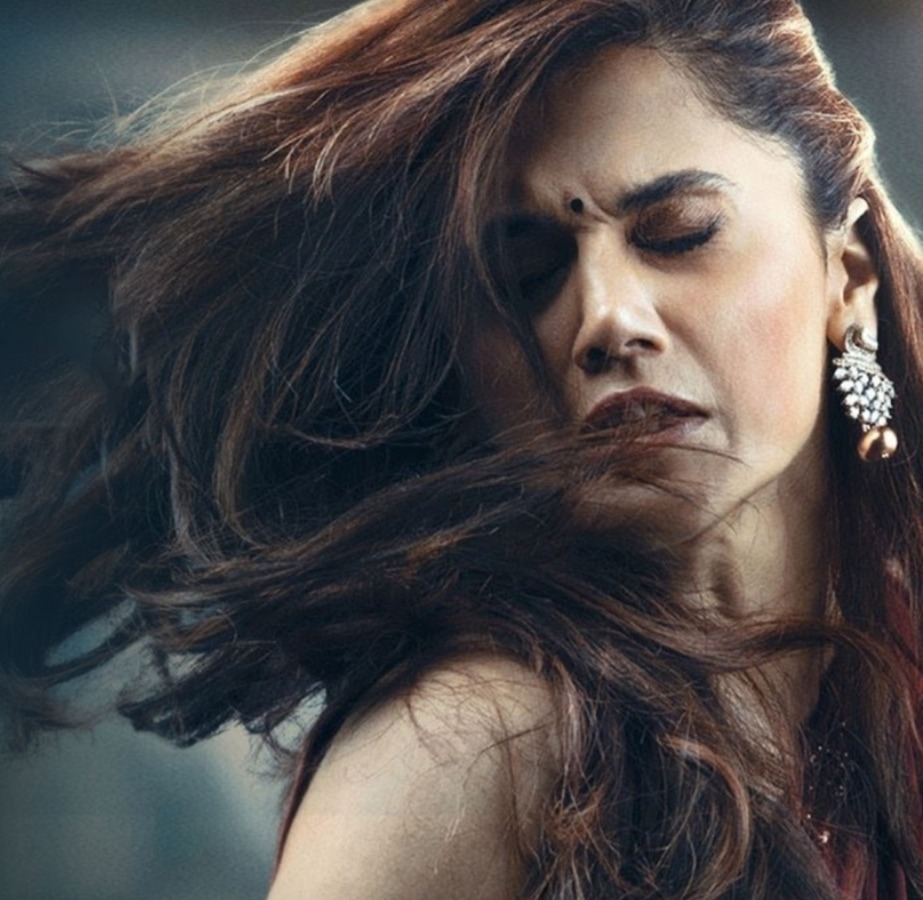
As Amrita, Taapsee delivers one of the most powerful on-screen answers to domestic conditioning. She refuses to justify violence, even if it happened “just once.” Her walkout becomes a statement against a society that expects women to compromise for peace.
Pink, Minal Arora: The role that made “No Means No” a cultural line
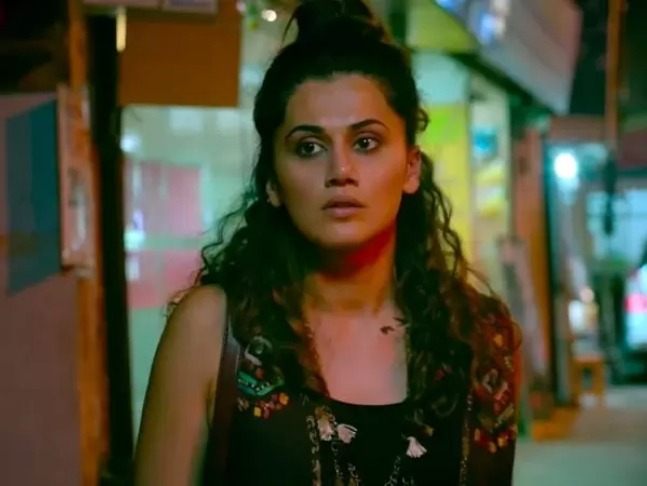
In Pink, Minal isn’t just a character, she’s a movement. Taapsee portrays every woman silenced by judgement, defending her dignity against moral policing and victim-blaming. She gave Indian cinema one of its loudest feminist moments.
Saand Ki Aankh, Prakashi Tomar: Breaking patriarchy with precision
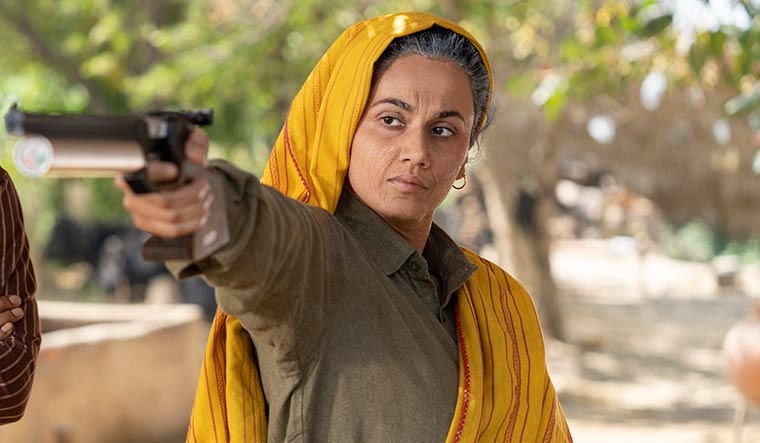
As sharpshooter Prakashi Tomar, Taapsee takes on rural patriarchy head-on. The film redefines capability, age and gender don’t limit ambition. Her character becomes a symbol of women claiming space where they were never allowed to exist.
Haseen Dillruba, Rani Kashyap: When desire becomes an act of rebellion
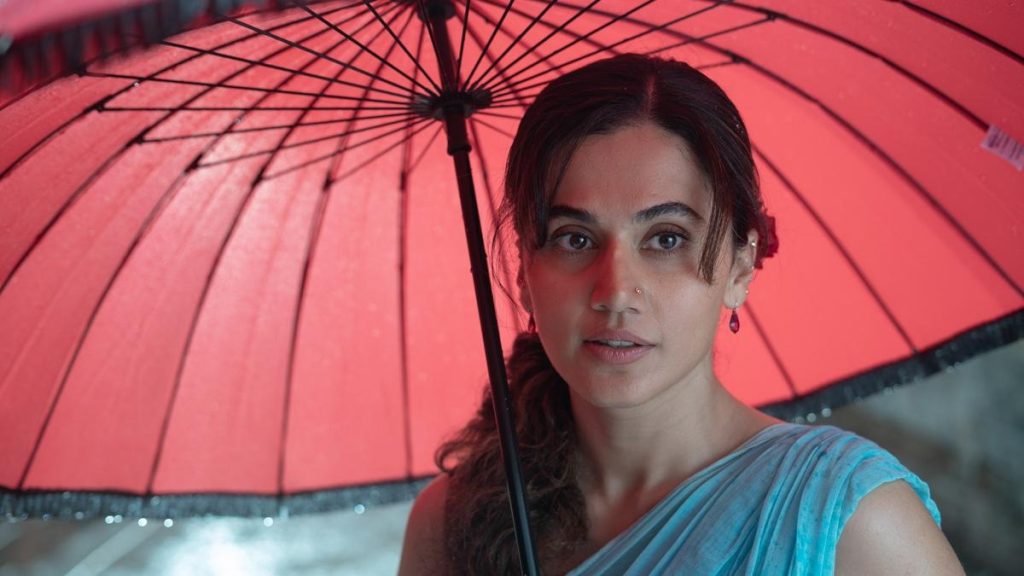
Taapsee’s Rani isn’t afraid to own her choices or her desires. The film flips the script on how society judges women who refuse to apologize for their wants. Rani challenges the idea that a woman’s sexuality makes her guilty.
Rashmi Rocket, Rashmi Vira: Calling out institutional patriarchy

As Rashmi, Taapsee becomes the voice against gender policing in sports. Her fight against humiliating verification tests exposes how systems control women’s bodies and identities. The film shifts the conversation from individual battles to systemic injustice.
Badla, Naina Sethi: Flipping the narrative of guilt
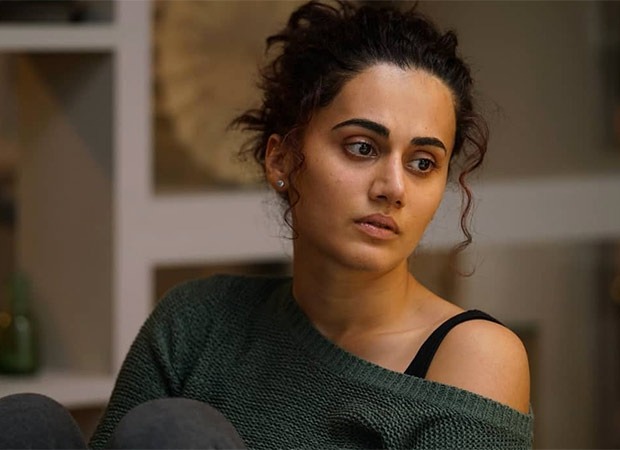
In Badla, Taapsee plays a woman who refuses to be cornered into the role society expects, a guilty woman must be ashamed, afraid, or apologetic. Naina demands power in the conversation and forces us to question why women are immediately doubted, judged, or villainized.
Baby, Shabana Khan: A woman who doesn’t need permission to be fearless

As intelligence officer Shabana Khan, Taapsee steps into a space stereotypically built for men, action, strategy, power. She shatters the idea that women in cinema must be protected or emotional. Shabana is skilled, authoritative, and central to the mission, no saving required.











